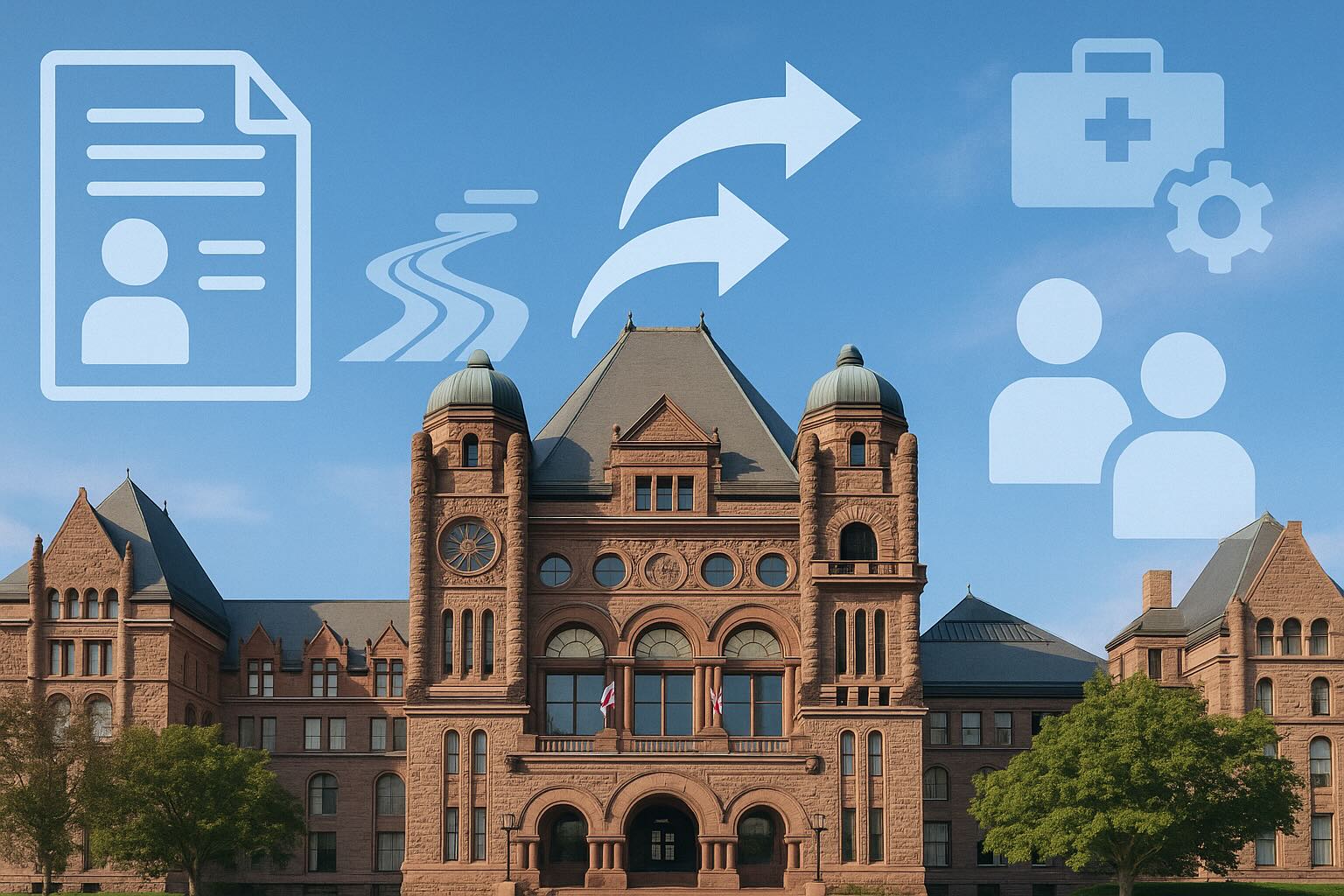CRS Points Adjustment: LMIA-Supported Job Offers to No Longer Provide Extra Points
According to the IRCC announcement, Express Entry candidates will no longer receive additional points for valid LMIA-supported job offers, and this change will be instituted in the spring of 2025. This policy change applies to all candidates under the Federal Skilled Worker Program (FSWP), Canadian Experience Class (CEC), and Federal Skilled Trades Program (FSTP). Previously, candidates with valid LMIA-supported job offers could gain an additional 50 or 200 CRS points (50 points for NOC TEER 1-3 positions and 200 points for high-level NOC TEER 0 roles). These additional points often played a decisive role in determining whether candidates received an Invitation to Apply (ITA) for permanent residency.
For instance, in many general-category draws, candidates typically needed a CRS score exceeding 500 to be invited. An extra 50 points could easily push many candidates over the cut-off.
In a televised interview, Minister Marc Miller explained that the reform aims to reduce the incentive for candidates to acquire LMIA fraudulently, thereby strengthening transparency and fairness in the immigration system. “This adjustment will help reduce fraudulent activities and create a more equitable competitive environment for all candidates,” Miller stated.
Uncertainty Around Implementation Timeline and Transitional Issues
Although the policy has been announced, the exact implementation date remains unclear. Minister Miller indicated that the IRCC intends to implement the changes “as quickly as possible.” Meanwhile, it is uncertain whether candidates with valid LMIA-supported job offers will still benefit from the additional points before the new policy takes effect. It is also unclear whether the IRCC will suspend non-Provincial Nominee Program (PNP) Express Entry draws during this transitional period.
Changes to CRS Scoring System and Impacts
The CRS scoring system is a critical tool used by the Canadian federal government to assess candidates’ eligibility for immigration. Candidates can earn a total of 1,200 points, which include “core human capital” points and additional points. Core points, capped at 600, include factors such as age, education, language proficiency, and work experience. Additional points, also capped at 600, are awarded for factors such as having siblings in Canada, French proficiency, Canadian education credentials, valid job offers, and provincial nominations.
The removal of LMIA-related points will directly impact many candidates’ CRS scores. Specifically, candidates who previously received additional points for valid job offers will see their total scores decrease. Conversely, candidates without LMIA-supported job offers will gain a relative advantage in the competition. Furthermore, the cut-off scores for CRS draws are expected to decrease as a result of this change.
Insights for Adjusting Immigration Strategies
This reform poses significant challenges for prospective immigrants. Candidates should adjust their strategies according to the new CRS scoring rules. Below are some recommendations for improving CRS scores:
- Enhance Language Proficiency: Language ability is a key component of CRS scoring. Improving scores in language tests, especially from CLB 6 to CLB 9, can add more than 60 points to a candidate’s core score.
- Develop Bilingual Skills: Beyond improving in a primary official language, candidates can further increase their scores by improving in the second official language, particularly French. French language proficiency can provide an additional 50 points.
- Obtain Educational Credential Assessments (ECA): Ensure that all foreign credentials are assessed and recognized. This can increase education-related CRS points, especially for candidates with multiple degrees.
- Secure Provincial Nomination (PNP): A provincial nomination is a game-changer, as it adds a guaranteed 600 points to a candidate’s CRS score.
- Gain Canadian Educational Background: Completing a degree or diploma in Canada can add up to 30 additional points.
Ripple Effects on the Temporary Foreign Worker Program (TFWP)
The removal of LMIA points may also impact Canada’s Temporary Foreign Worker Program (TFWP). In September, the Canadian government suspended LMIA processing for low-wage TFWP streams and, as of November, increased wage requirements for high-wage streams. These changes indicate a broader shift in government policy to limit reliance on low-skill foreign labor while enhancing the system’s integrity and transparency.
Conclusion
The IRCC’s decision to eliminate LMIA-related points reflects its commitment to fairness and integrity within Canada’s immigration system. This policy will reshape the competitive landscape of Express Entry, offering candidates an opportunity to reassess and adjust their application strategies. Future applicants should focus more on core human capital factors, strategically plan their applications, and improve their competitiveness to navigate the challenges and opportunities presented by this new policy.









